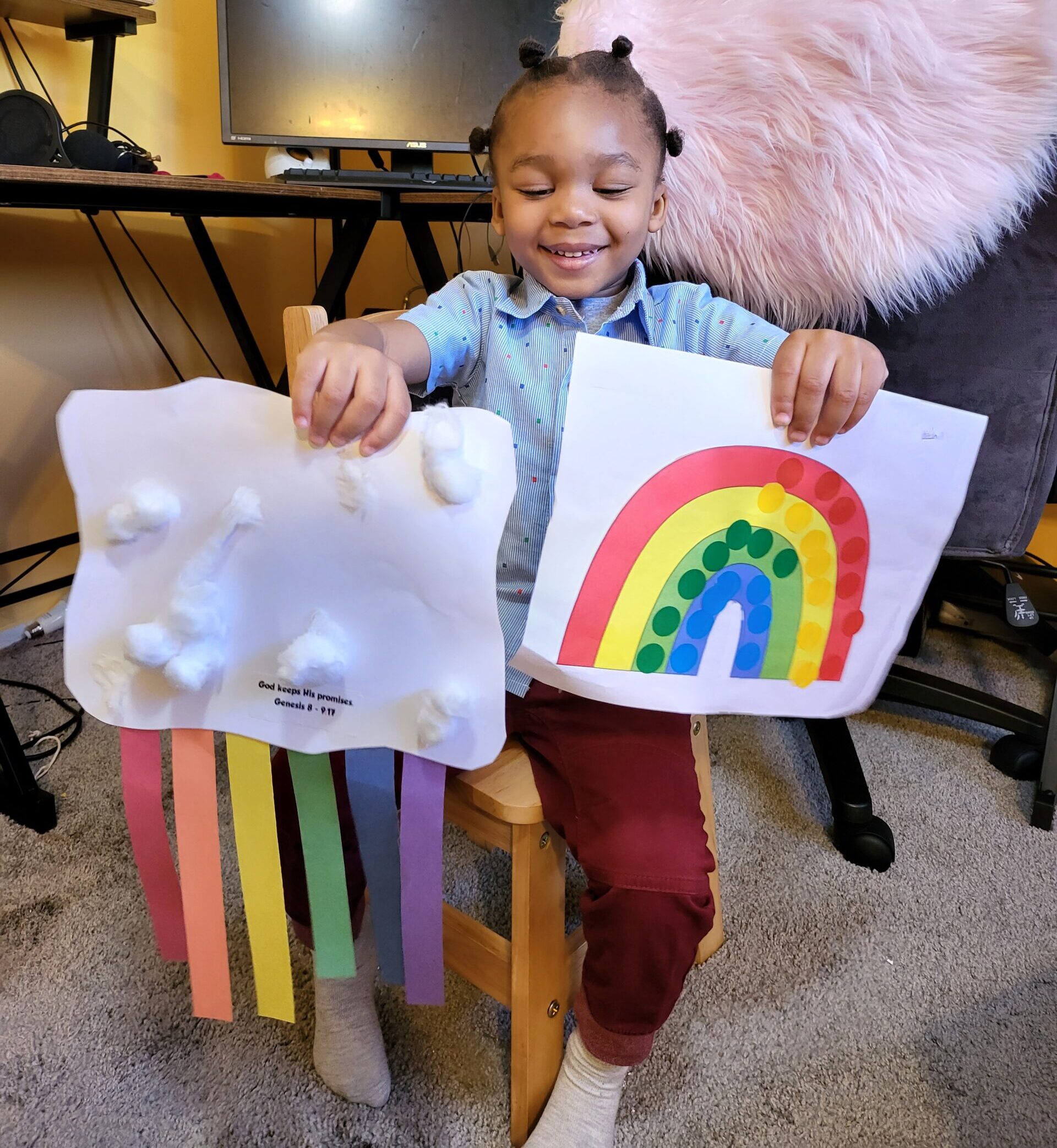

Gentle parenting is a philosophy based on mutual respect, empathy, and cooperation. It fosters a strong relationship between parents and children and promotes emotional intelligence, independence, and self-esteem.
However, as rewarding as it may be, gentle parenting is not easy. It requires a lot of patience, self-control, and sacrifice, especially in today’s society where individualism, competition, and instant gratification are common.
In this blog post, we will explore the reasons why gentle parenting is so hard and how you can make it easier with practical strategies, emotional support, and mindset shifts that help you stay consistent in your parenting journey.
One of the main reasons gentle parenting is hard is that it goes against the predominant values and norms of our society. Many parents are conditioned to believe they need to be firm, authoritative, and controlling to raise disciplined and successful children. In contrast, gentle parenting emphasizes connection over control, and cooperation over compliance.
Gentle parents are often criticized as being too permissive, too soft, or overly involved. This judgment can create internal conflict and self-doubt, especially when your parenting choices are questioned by others. But standing firm in your beliefs and understanding the research-backed benefits of gentle parenting can help you navigate this cultural resistance.
Contrary to popular belief, gentle parenting takes a lot of courage. It’s not easy to go against the norm and trust your instincts, especially when you’re surrounded by people who parent differently. Gentle parenting requires skills like active listening, emotional regulation, and mindfulness.
When your child is having a meltdown, staying calm instead of reacting takes immense inner strength. It’s easier to yell than to pause and validate emotions. But over time, your child learns how to manage their feelings by watching how you manage yours.
Many parents desire quick fixes, especially when dealing with tantrums, bedtime resistance, or defiant behavior. But gentle parenting does not promise overnight success. Instead, it focuses on long-term connection and healthy emotional development.
You may not see immediate changes in your child’s behavior, but your consistent effort lays the foundation for trust, security, and mutual respect that will pay off in the long run.
Gentle parenting often goes against the grain of popular culture. People who parent this way are sometimes judged harshly or given unsolicited advice. You may feel isolated or question if you’re doing the right thing.
How to Make It Easier:
Another challenge is the lack of understanding or support from those around you. Your partner, parents, or close friends might not agree with your approach, making it hard to stay consistent.
How to Make It Easier:
Gentle parenting requires a high level of emotional awareness and healing. If you were raised with authoritarian or punitive parenting, transitioning to a gentle approach means unlearning old habits and reparenting yourself.
How to Make It Easier:
If you’re working through childhood trauma or conditioning, check out “How To Heal From Childhood Trauma and Conditioning: Effective Parenting” for a practical and faith-based guide that has helped many moms.
A common myth is that gentle parenting equals permissiveness. That’s not true. Gentle parenting involves setting clear, firm, and respectful boundaries. Children need structure, and gentle parents provide it without using shame or fear.
Examples of Gentle Boundaries:
Communication is at the heart of gentle parenting. It’s about listening to your child’s feelings, validating their experiences, and guiding them rather than controlling them.
Helpful Communication Tips:
Motherhood already comes with mental overload, emotional labor, and physical exhaustion. Gentle parenting adds a layer of intentionality that can feel overwhelming when you’re sleep-deprived or dealing with the stress of daily life.
Tips for Mom-Friendly Gentle Parenting:
Consistency is crucial in any parenting style, but it can be particularly hard with gentle parenting. You’re often swimming upstream against old habits and societal pressure.
Tips for Staying Consistent:
Gentle parenting isn’t about convenience. It’s about long-term connection, character development, and emotional intelligence. It doesn’t offer instant results, but the outcomes—secure attachment, trust, empathy, and lifelong relationship—are deeply worth it.
Gentle parenting is hard, but not impossible. It requires a lot of inner work, patience, and resilience, but it also brings deep joy, connection, and personal growth. By recognizing the challenges and seeking tools and support, you can stay grounded and confident in your parenting journey.
Parenting is not a destination—it’s a continuous journey. Each moment of kindness, empathy, and connection you offer your child plants a seed that will grow into something beautiful.
Gentle parenting is a beautiful way to connect with your child and raise them with empathy and respect. With consistent effort, it can become second nature, creating a lifelong bond rooted in love and trust.


